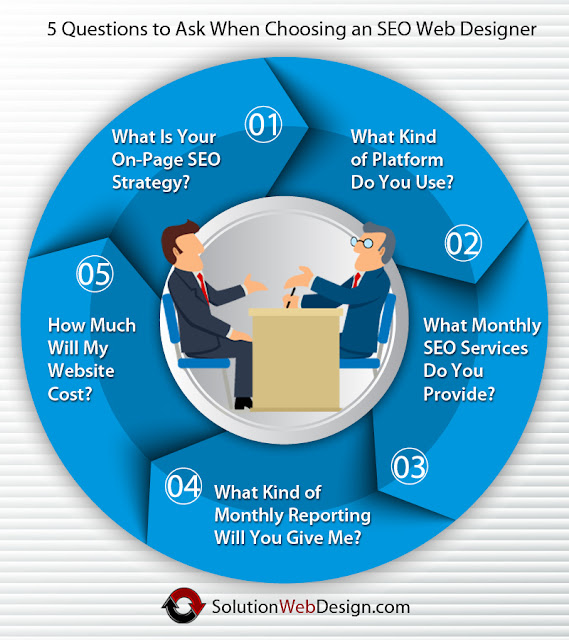Seven Great Tips to Improve Your AdWords Campaign
Though it's been called an ideal new leads source for small businesses, Google's AdWords is seen by some as a "complex system" that requires a great deal of effort to yield success. AdWords is an advertising service hosted by Google for businesses looking to display ads on Google and its advertising network, and as such enables organizations to set a budget for advertising; this protocol encompasses companies only paying when people click on their ads, with the ad service largely focused on keywords.
Businesses that take advantage of AdWords can create relevant ads using keywords that people who search the Internet using the Google search engine would use. The keyword, when searched for, triggers the ad to be displayed, and if an AdWords ad is clicked on, Google search users are then directed to the corresponding website.
Sounds simple and intuitive enough, right?
Well, no successful campaign was ever born in just a few moments, and if some statistics from a pay per click agency we analyzed are any indication, there's still some room for improvement with regard to the cross-section of businesses that run AdWords campaigns. To be sure, success with AdWords boils down to two primary factors: Ongoing adjustments based on hard data and thoughtful planning.
Here, we're going to take a closer look at the tips that will improve your AdWords campaign from Craig Corbel, Vice President of Marketing at Solution Web Designs, a Pay Per Click Agency:
1. Keyword Research
While tools such as Google's free AdWords Keyword Planner can aid in getting the essentials of your advertisement content down pat, you must begin with brainstorming your own list of keywords that you believe are most relevant to your industry. Ensure that you select general keywords about what you do - such as "pay per click management company" - in addition to keywords that describe how you do it.
By uploading your list into the Keyword Planner, you will be rewarded with an expanded list of keywords coupled with data regarding how often people search for them and how many competitors are also targeting them, to boot.
2. Organize Keywords That are Alike into Ad Groups and Campaigns
The key here is not to merely dump your keyword list into a solitary AdWords vacuum - they must be organized into ad groups and campaigns. For example: "Pay per click agency," "pay per click consulting," "PPC consulting services" and "PPC consulting companies" should all reside in the same ad group, whereas "digital marketing services provider" would be in another. Segmenting your keywords in this manner will make it much easier to analyze your data at a later time.
3. Create Ad Text-Specific to Keywords Within an Ad Group
Each ad group should boast at least one ad text that specifically states the subject of that ad group. This will not only allow the individual to easily connect your ad to their search phrase but will also firm up your ad Quality Score (a Google-measured metric that's quite important).
4. Link Ads to Landing Pages That Cover Identical Subject as Ad Group Keywords
You know what else will improve your Quality Score? Forwarding the folks who click on your ads to pages that cover a similar topic as the keywords within each group.
While this may seem to be a no-brainer on the surface, you'd be surprised how tempting it becomes to link ads to pages already in place - instead of going through the work of creating new ones - as your ads become more specific.
The less related your ads are to your landing pages, the less likely visitors are to convert to paying customers. For example: If someone searches for "pay per click agency" and they view an ad for "pay per click consulting services," that ad should not link to a page concentrating on "IT support."
5. Take Advantage of Exact Match Targeting
Exact Match targeting, as compared to Phrase Match or Broad Match, is a tactic wherein your ads will only appear when an individual searches for the exact keyword your campaign has targeted. Particularly useful to smaller businesses that are novices when it comes to AdWords, this approach gives companies greater control over their ads and prevents them from wasting revenue on irrelevant phrases; once data regarding how your keywords perform is gathered, it may be useful to use a broader match setting.
6. Use Location Targeting
If you are offering services within a specified geographic region, ensure your campaigns have been designed to show display ads to people searching only within that area. If you don't, there's the possibility that you will pay for clicks from searchers who cannot receive those services.
7. Make Sure You've Checked the "Auto Tagging"
This is the checkbox that will pass the "gclid" (Google Click Identifier) through to Google Analytics, and also allow AdWords to send data to it. You will find the checkbox located under Account Settings > Preferences after clicking the wheel at the top right corner of your screen (next to your customer ID and email).
From there, you'll have to link your AdWords account to your Analytics account, which is accomplished through the interface of your Analytics account. You will only be able to see your AdWords campaign data in your Analytics reports after doing this.
While there are plenty more optimization tips for improving your AdWords campaign, this list should help you think in the right direction so that it will be a more focused process for you. Along with that comes ideas regarding how to answer the "why" while better understanding the context of the data you're viewing.
About the Author
Craig Corbel is the Vice President of Marketing at Solution Web Designs, a leading SEO, online marketing agency, and Long Island Website Designers serving small and mid-sized companies nationwide.




Comments
Post a Comment